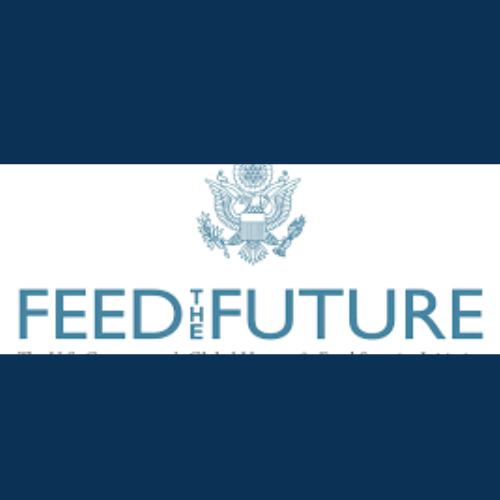The U.S. Agency for International Development (USAID) has revealed that its ‘Feed the Future’ Agricultural Extension and Advisory Services initiative has provided inputs and services to 2,021,468 smallholder farmers across Nigeria. The $16.8 million, five-year project, funded by USAID and the Foundation for Partnership Initiatives in the Niger Delta (PIND), is designed to support micro, small, and medium enterprises (MSMEs) in extending agricultural technologies to farmers.
Now in its fourth year, the project has a target of reaching 2 million smallholder farmers in Benue, Cross River, Delta, Ebonyi, Kaduna, Kebbi, and Niger States. Focused on five key value chains—maize, rice, cowpea, soybean, and aquaculture—the initiative works to improve agricultural practices and increase food production in these areas.
The USAID Feed the Future team shared that 39 Most Impactful Practices (MIPs) have been identified as essential business solutions that MSMEs can use to enhance their outreach to smallholder farmers. The project currently collaborates with 311 MSMEs, who are actively commercializing these MIPs to drive greater productivity among farmers.
Through these partnerships, MSMEs have successfully delivered agricultural inputs and services to over 2 million smallholder farmers, resulting in a reported 100% increase in farmers’ productivity and income.
Jean Pierre-Rousseau, Director of Business Development at Winrock International and Project Director for USAID’s Feed the Future Agricultural Extension and Advisory Services, emphasized the transformative power of MSMEs in driving agricultural innovation. “These MSMEs serve as change agents, bringing vital information and productivity-enhancing inputs to the doorsteps of smallholder farmers,” Rousseau said. He further highlighted that the private sector’s role in agricultural extension services has had a “catalytic impact on food security.”
Around 70% of the improved agricultural practices promoted by the project are climate-smart, helping farmers adapt to and build resilience against climate change. Additionally, the project has created 1,088 gainful jobs, mostly for youths, to meet the growing demand for agricultural inputs and services.
As the project nears its final year, Rousseau called for a national scale-up of the successful extension model introduced in the seven states. He emphasized the importance of partnerships between the private sector, federal and state governments, research institutions, and donor-funded initiatives to expand the program across the nation. “Nigeria cannot achieve food security and self-sufficiency by working in silos,” he said.
Deola Lordbanjour, Director of the Federal Department of Agricultural Extension Services at the Federal Ministry of Agriculture and Food Security, praised the project for filling a critical gap in Nigeria’s national agricultural extension system. Represented by Ayodele OLawumi, Lordbanjour noted that Nigeria’s extension services had thrived during the days of World Bank funding, but the system had since struggled to maintain its effectiveness. “The USAID Feed the Future project has revitalized the extension services, supporting the nation’s food security and encouraging agricultural passion,” Lordbanjour said.
The project continues to serve as a key initiative in the Federal Ministry of Agriculture’s vision to ensure food security and food self-sufficiency across Nigeria.





